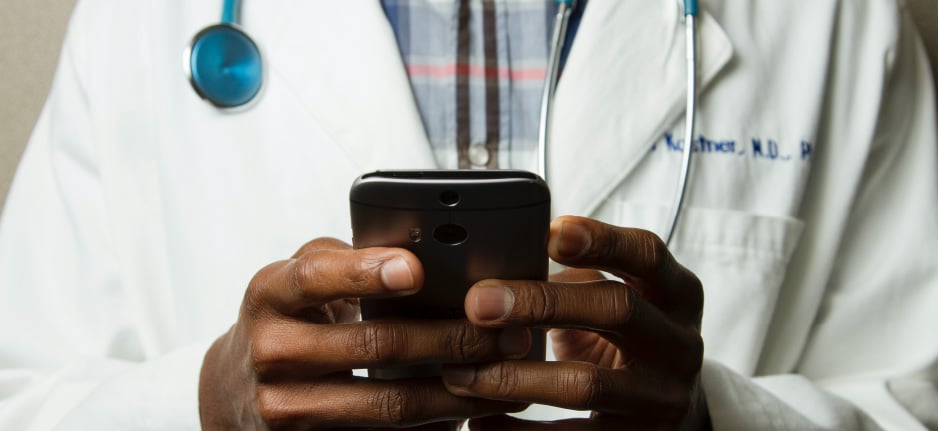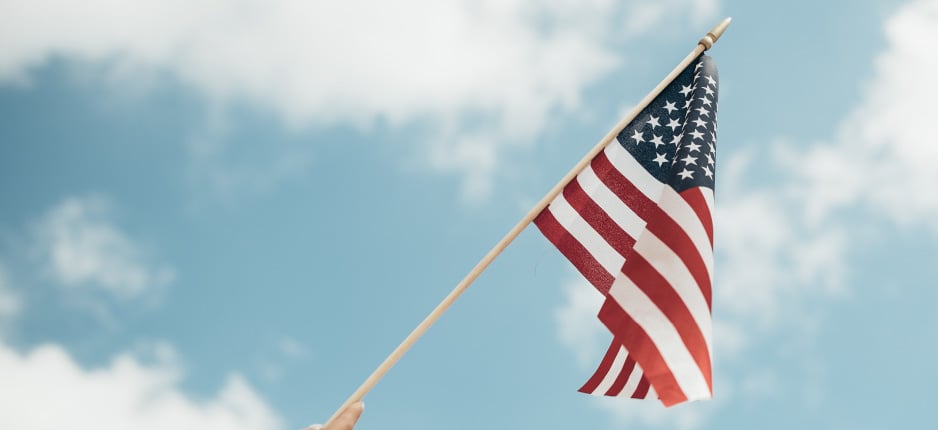Cannabis has been used in herbal remedies for centuries; it’s one of the 50 fundamental herbs in Chinese medicine and was used to treat everything from nosebleeds to tapeworms in Ancient Greece and Rome. Today, the Maryland Medical Cannabis Commission (MMCC) lists the following as qualifying medical conditions: anorexia, cachexia, chronic pain, glaucoma, PTSD, severe pain, severe nausea, seizures, muscle spasms, and wasting syndrome.
When it comes to treating cancer, medical cannabis is primarily used to treat the common side effects of chemotherapy, including nausea, loss of appetite, and severe pain. In one survey, one in eight cancer patients identified at least one cancer-related symptom for which they were using cannabis. If you’re curious about how medical cannabis can support you or a loved one during chemotherapy, here’s what you need to know.
Always Consult Your Doctor
Unless you live in one of the handful of states where cannabis isn’t approved even for medicinal use, your doctor might be more open to incorporating cannabis into your treatment plan than you think. And no matter where you live, it’s important to discuss your plans with your doctor first.
When cannabinoids are consumed orally, they can interact with other medications that are processed by the liver. The interaction can cause the levels of the other drugs to rise, fall, or rise and then fall. Because of this interaction, patients who use cannabis in conjunction with chemotherapy run the risk of having a different combination of chemicals in their blood-- making it a potentially dangerous combination.
So, Can Cannabis Be Used At All
The good news, according to a doctor who has treated nearly 400 cancer patients with cannabis, is that these interactions can be avoided by changing the way cannabis is administered. The potentially dangerous interactions mostly occur with pills, edibles, and tinctures, but can be bypassed if cannabis is administered via inhalation, topical patches and creams, or intra-rectal or intra-vaginal suppositories.
Of these methods, he recommends inhalation. “When you inhale cannabis, 100% of the medicine is absorbed within three to five minutes...because of this, patients get more bang for their buck with inhalation.” Inhalation is even safer when patients use the acid (non-activated) form of cannabinoids, which don’t appear to metabolize in the same way. He recommends vaporization over smoking and vaporizing cannabis flowers at 131°F or lower to prevent activation.
Again, you’ll need to discuss the specifics (intake method, cannabis type, frequency of use, etc.) with your doctor -- we cannot stress the importance of having open and honest conversations with your medical team enough.
It Can Help with Nausea and Vomiting
Although chemo-induced vomiting is well controlled in most patients by conventionally available drugs, nausea continues to be a challenge. Nausea is often reported as being a more distressing chemo symptom than vomiting, as it’s a continuous sensation, and up to 20% of cancer patients discontinue treatment due to ongoing nausea.
Fortunately, both preclinical and human clinical research suggests that cannabinoid compounds are a promising treatment for nausea. Another study concluded that cannabinoids were a more effective anti-vomiting treatment than seven other medications. The study also found that many patients have a strong preference for cannabinoids, and some of the side effects (euphoria, sedation) were potentially beneficial to chemotherapy patients.
“The Munchies” Are Real
Both chemotherapy and cancer itself can cause a loss of appetite. Fortunately, the ability of cannabis to increase appetite is “very well-documented,” according to Ginger Hultin, a registered dietician and spokeswoman for the Academy of Nutrition and Dietetics. THC stimulates a complex area of the brain that regulates feeding behavior and energy balance. So, “getting the munchies” is a very real side-effect of cannabis that’s backed by science.
In a pilot study on the effects of cannabis on the appetite of HIV-positive men, cannabis administration was linked to a significant increase in the hormones that control appetite. Another study showed that THC can increase the appetite of advanced cancer patients and improve their sense of taste. In the study, 73% of cancer patients who took THC pills daily for 18 days reported an increased appreciation of food, while 64% reported an increase in appetite.
Although more research needs to be done on the link between THC and the appetite of cancer patients, the results from the 2011 study are promising.
There Are Cannabinoid Drugs for Chemo
When it comes to cancer and cannabis, there are actually two chemically pure prescription drugs that are based on cannabis compounds that have been approved for medical use in the United States.
- Dronabinol (Marinol®) is a gelatin capsule that contains THC. It’s approved by the Food and Drug Administration (FDA) to treat nausea and weight loss caused by chemotherapy. It’s also used to treat weight loss and poor appetite in patients with AIDS.
- Nabilone (Cesamet®) is a synthetic cannabinoid that acts much like THC. It’s taken by mouth to treat nausea and vomiting caused by chemo, usually when other drugs haven’t worked.
Another cannabinoid medication, Nabiximols, is still being studied in the U.S. It’s a mouth spray that’s made up of a whole-plant extract with THC and CBD in an almost one to one mix. It’s currently available in Canada and parts of Europe to treat cancer pain and muscle spasms caused by multiple sclerosis. Although it’s not currently approved in the U.S., it is being tested in clinical trials.
Things to Consider Before Trying Medical Cannabis
If you or a loved one is going through chemotherapy and are curious about trying medical cannabis to treat nausea or severe pain, here are some things to keep in mind:
- Always tell your doctor about any vitamins, supplements, herbs, or over-the-counter medications you use or plan on using, including medical cannabis.
- Medical cannabis is not covered by insurance, Medicare, or Medicaid.
- THC and CBD are present in different levels in different strains of cannabis. Your budtender will be able to help you find strains higher or lower in THC/CBD, depending on your needs.
- If you live in a state where recreational cannabis is legal, seek a dispensary that specializes in medical cannabis.
- If you work for the federal government or for an employer who conducts regular drug tests, you may face disciplinary action for using cannabis. Always check your employer’s handbook for information on drug testing.
Last but not least, make sure you’re buying cannabis products from a trusted source. CULTA takes immense pride in the quality and effectiveness of our products, and we don’t sell products that we wouldn’t use ourselves. We work with patients of all types, including cancer patients and those going through chemo. Please call us or visit our waterfront store at Baltimore’s Inner Harbor for more info.




